George Schmidt’s 20-year collection of gravestone rubbings includes those of Harriet Tubman, Walt Whitman, James Cone (the founder of black liberation theology and Schmidt’s mentor at Union Theological Seminary) and ancestral family members. It might seem unusual to collect gravestone rubbings, but once you learn that George Schmidt grew up in an environment that normalized death it starts to make more sense.
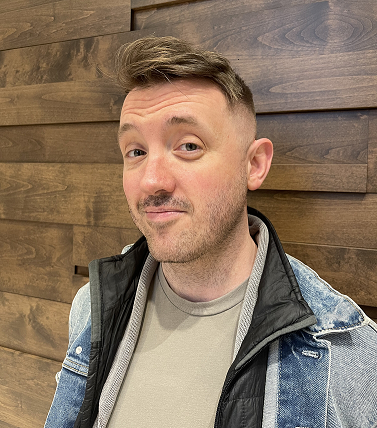
Schmidt, a second-year PhD student in theological studies under the advisement of Joerg Rieger, grew up in Newburgh, Indiana, where his father was a funeral director as well as the county’s elected coroner. Having come from a long line of US military veterans, Schmidt applied to become a military chaplain following several years of community organizing and pastoring in New York City. After a yearslong, grueling process, he eventually found himself selected to an elite chaplainship with the Navy ceremonial guard at Arlington National Cemetery, where he worked alongside and provided spiritual counsel to body bearers from the Navy, Coast Guard and Marines.
Unlike psychologists and other staff working in mental health care, however, military chaplains are held to a 100 percent confidentiality requirement in which they are not permitted to notify the appropriate authorities if a counselee is considering self-harm or harming others. Instead, chaplains are encouraged to nudge their counselees toward talk therapy and other healthier methods of coping. They will even go so far as to follow around a counselee all day to ensure they do not harm themselves. What would motivate someone to go towards such a career? Schmidt says it was “divine providence.”
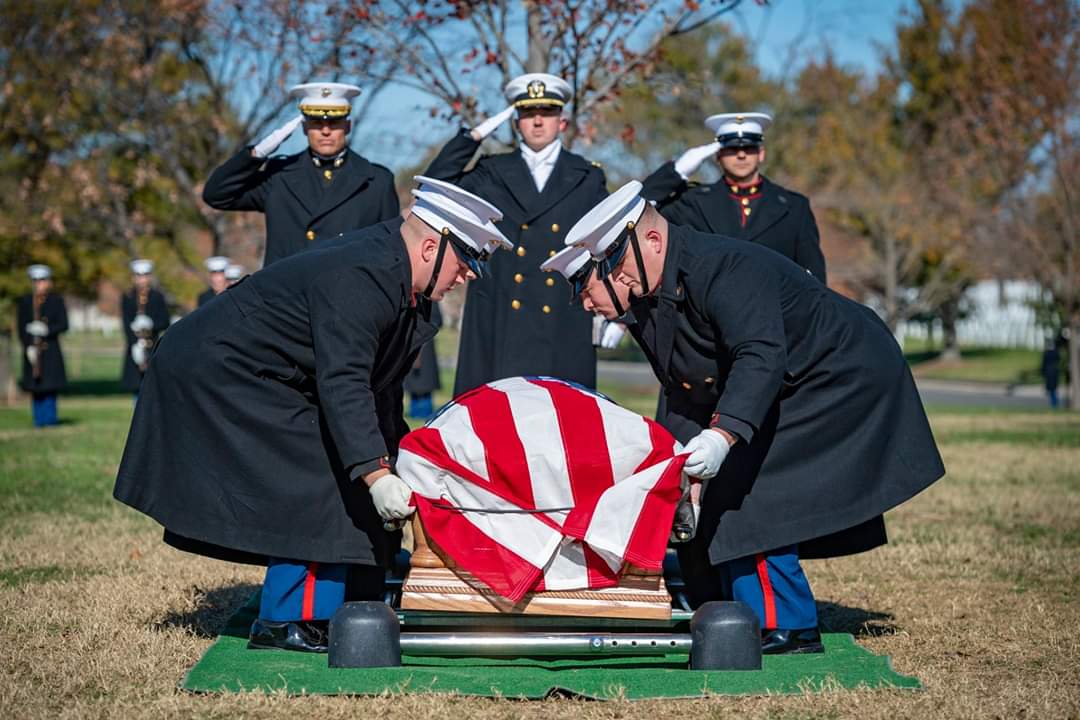
“Ministry is most effective in places of spiritual gravity, such as places of death or moral injury,” says Schmidt, who also serves on the board of directors of the Institute for Christian Socialism and is a graduate research fellow at the Wendland-Cook Program in Religion and Justice. “It’s interesting how death levels the playing field. Everyone will die at some point or another. And at Arlington National Cemetery, every burial ceremony is allotted the same amount of time, regardless of the person’s rank.”
Burials at Larkspur Conservation, however, are highly individualized and tailored to the wishes of those being buried and their loved ones. “There are as many different kinds of funerals as there are different kinds of people,” says Meg Wade, a second-year MDiv student who is currently completing her field education at Larkspur, a 112-acre nature preserve about an hour outside Nashville.
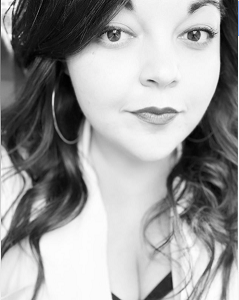
Hailing from the foothills of the Appalachia, Wade comes from a long line of “granny witches” and plans to become a “death doula” upon graduating from the MDiv program. A “death doula” or “grief doula” is a person who has been trained and certified to sit with those who are dying, as well as their family members, during moments of grief. This could include helping people clean a loved one’s home following death, or sitting with people after a funeral to lend an ear.
“When my paternal grandmother died in 2015, I was devastated because I was very close to her. I came home for the funeral expecting to reconcile my grief,” Wade says. “But the pastor called my grandmother by the wrong name the entire funeral service, and it made me think, ‘There has to be a better way.’”
Upon deciding to become a death doula, Wade combed through her maternal grandmother’s notes on ancestral practices and spoke to her mother about community care traditions passed down orally. Her Appalachian community’s traditions are an amalgamation of those from poor Celtic immigrants and Cherokee Native Americans, whose intermarriage created a non-imperialist spiritual tradition that combined pagan rituals and the divinity of earth with the belief of a higher power.
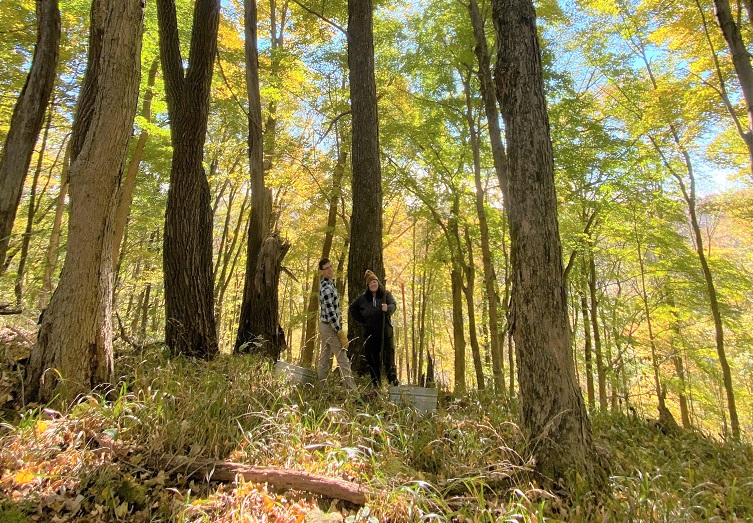
As Wade pursues a double concentration in Religion and the Arts and Chaplaincy, she hopes to apply what she learns at Vanderbilt Divinity School toward helping “people in the gaps” like herself who don’t have a priest they can call or those who identify as “spiritual but not religious.” She hopes to challenge the archaic structures and rules around who can be ordained as a chaplain, and force them to think about who needs chaplaincy services and who has access to them, especially regarding death, which can be very expensive and hurtful in the current death industry.
“I want to give dignity to dying people and their loved ones during their grief,” says Wade. “In my field education at Larkspur, I’m learning to listen and give attention – how to know when people want to be spoken to and when they want to be given a white space on a page to grieve. In America, we tend to rush people from grief to gratitude. I have a great job of honoring people’s needs and wants while reassuring them that grief is natural and that their instincts around their grief are good,” says Wade.
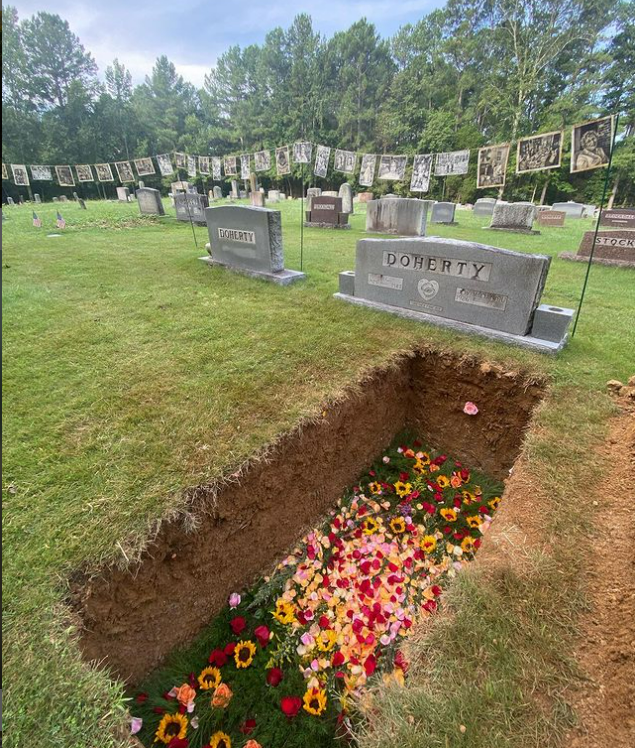
At Larkspur, each body is lowered by hand into its grave after those attending the funeral hike to the gravesite, which Wade says is a useful tool for helping people get out of their heads and take in the sights, sounds, and smells of where their loved one will be part of. Each person’s funeral reflects their life and culture, as they are deeply personal. Some have a more liturgical funeral, some are just a series of funny stories shared by their loved ones, and others include singing of songs. It is an important way to decolonize the death industry as people move away from a capitalistic format, in which the national median cost of a funeral with a viewing and burial in 2021 was almost $8,000.
“It’s a deeply spiritual release to understand the community of the land, and those who commit their bodies to that land. And at Larkspur, care doesn’t stop at the gravesite, so I’m helping them to develop aftercare protocols to check in with people like a pastor would after the burial,” says Wade. During her spring semester of field education, Wade will be developing a grief journal with prompts to help people think more deeply about their own deaths and teaching a creative writing workshop in collaboration with The Porch, a non-profit organization for which she is a core faculty instructor.
Wade has augmented her theological education with an extracurricular course through The Institute for the Study of Birth, Breath, and Death. The organization is “a home for all who hold space for the sacred thresholds of birth, breath, and death,” and a professional organization “dedicated to furthering the development and professional skill set of those called to hold space for mindful birthing, living, and dying.” Founded in 2015 by Amy Wright Glenn, the Institute offers courses on less discussed events in the life cycle, such as menopause and pregnancy loss.
At a time when nearly 1 million Americans have died of COVID-19 or related complications, Wade’s and Schmidt’s skills and experience come none too soon. Apart from the COVID-19 death toll, the US Census Bureau estimates that in 2030, people over 65 will outnumber children, and by 2037, 3.6 million people are projected to die in the United States. Furthermore, almost half of Americans feel religion is an important component of their funeral, which is up from 35% in 2019. This is as cremation rates (58% of funerals) rise above burial rates (37% of funerals), according to the National Funeral Directors Association’s 2021 Cremation and Burial Report.
“The challenge for these young people ministering in our pluralistic, individualistic-consumer society is to be grounded in their own spirituality and commitments while empathetically helping others do the necessary work of symbolizing grief and gratitude, pride and pain that can comfort and even strengthen them at such heightened moments of our mortality.” -Bruce Morrill, Edward A. Malloy Chair of Roman Catholic Studies
Rituals like funerals, and weddings and baptisms for that matter, are fundamentally about negotiating ambiguity, according to Bruce Morrill, the Vanderbilt Divinity School’s Edward A. Malloy Chair of Roman Catholic Studies, professor of theological studies and director of the doctor of ministry program. He perceives a human commonality in these two students’ markedly different experiences of service to people at the time of death.
“Despite modernity’s extreme valorization of ideas, of explanations, of rationalization in all matters, the fact is that mutual bodily presence through symbol and ritual is what people fold into when ‘words fail,'” says Morrill, author of Divine Worship and Human Healing: Liturgical Theology at the Margins of Life and Death. “The challenge for these young people ministering in our pluralistic, individualistic-consumer society is to be grounded in their own spirituality and commitments while empathetically helping others do the necessary work of symbolizing grief and gratitude, pride and pain, that can comfort and even strengthen them at such heightened moments of our mortality.”